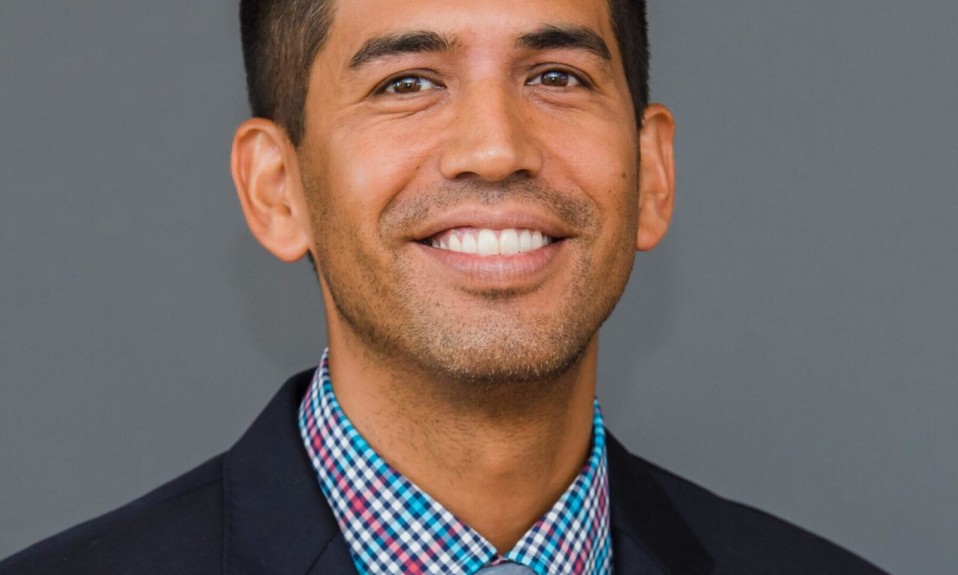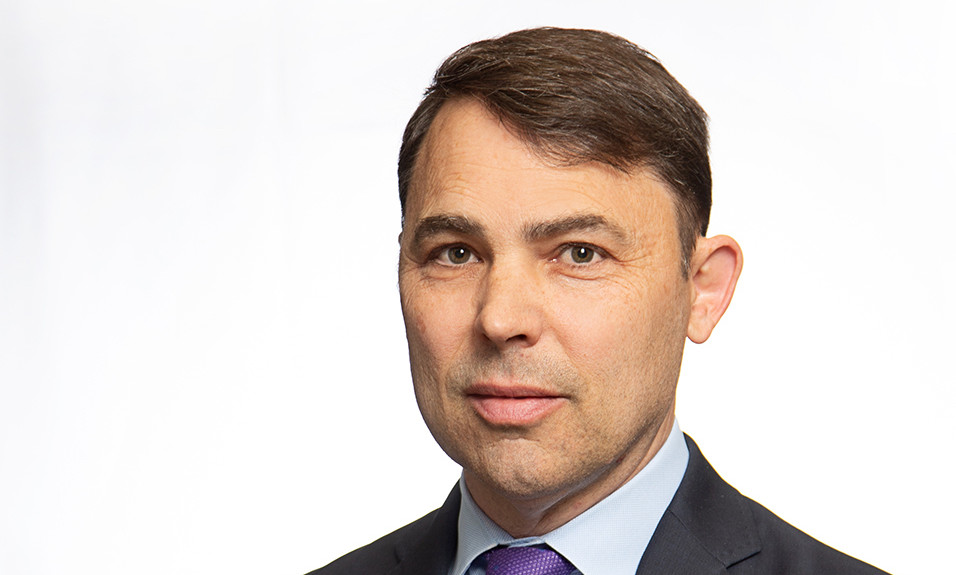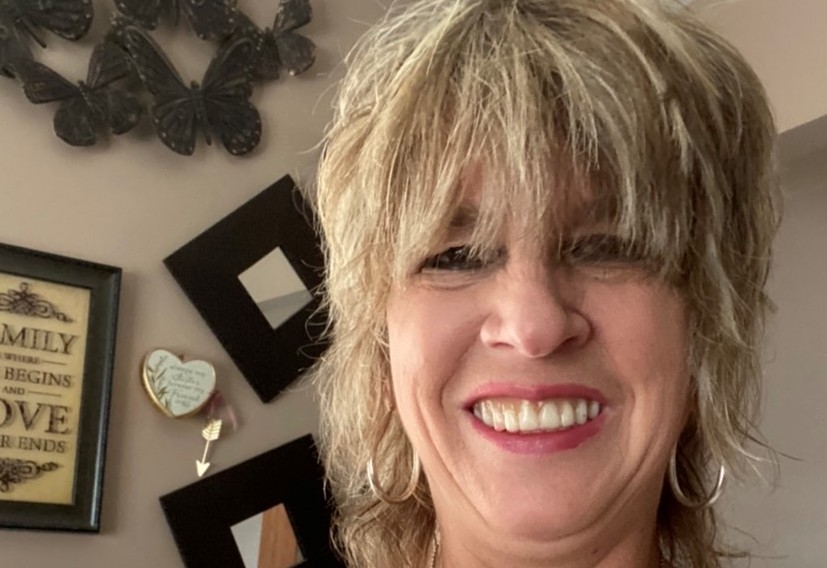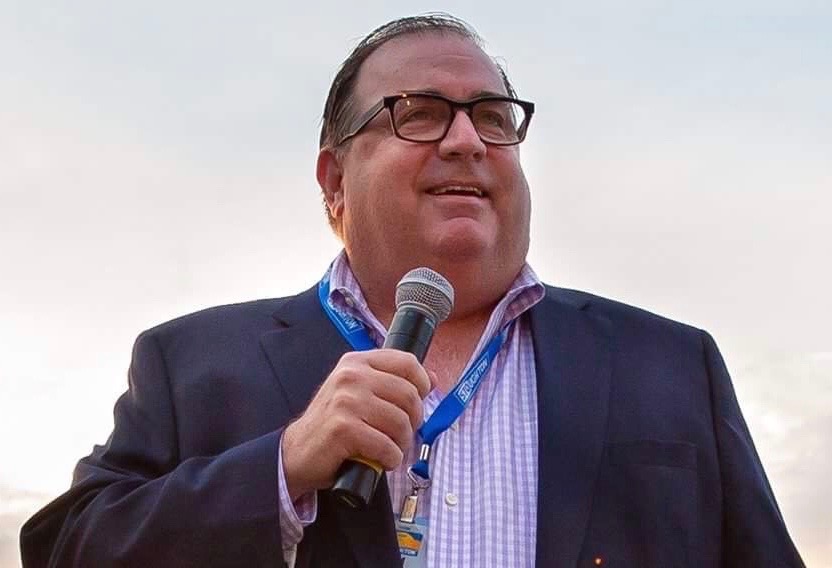Ashley Addiction’s incoming co-CEO Alex Denstman found grace in recovery after seeking treatment at the center he is now helping lead
By Alex Denstman
If you don’t count sips of beers along the way, my first substance use for effect was at age 13. It was whiskey. I didn’t like the taste and didn’t drink enough to get physically drunk, but something sort of magical happened. Alcohol did something for me. I got that sense of ease and comfort that the 12-step literature describes. My favorite description of that feeling is, “My skin shifted a quarter inch and fit better.”
My drinking and drug use continued until I got sober at age 20, but that first encounter was an important one because I think, to some extent, I was always chasing that sense of ease and comfort.
My drinking and drug use continued until I got sober at age 20, but that first encounter was an important one because I think, to some extent, I was always chasing that sense of ease and comfort.”
Since then, I’ve grown to know my experience is quite common. It started as recreational use of alcohol and marijuana in my early teens. I was exposed to opiates in my mid-teens, and I was an IV heroin user by age 18. It’s difficult to say how it escalated other than I tried whatever was available to me, and less important than the substance, the why was always the same: I lost the power of choice.
The decision to seek treatment was made for me. I was very fortunate to have a family that was in a position to guide me in seeking treatment. The pivotal moment for me was saying yes and accepting their help. I think that’s OK and it’s not necessarily unusual. Most people have someone or something to intervene in their drinking or drug use, and all it takes is a small degree of willingness to stop fighting and accept help. I’m a big believer of, “Bring the body and the mind will follow.” Good treatment providers understand the importance of meeting people where they are.
My Journey to Sobriety
“Journey” is certainly the right word to describe what my treatment experiences were like. From that moment of acceptance, it was not a straight-line process. I spent 28 days at Ashley Addiction Treatment and six months in a recovery home. Some days, I was very willing and very dialed into the recovery process. Other days, I struggled to have belief in myself, in the recovery process, and to possess the honesty and openness to accept help.
But that’s why I’m such a big proponent of treatment. I needed the foundation that Ashley provided me with, and I needed the extended time in a treatment setting. Although my attitude and thinking changed from time to time, which is characteristic of many new people in recovery, the constants were remaining in a safe, structured environment and having access to a 24/7 support system.
When I Hit My Bottom
One meaningful moment during my recovery, which I often share with people, was a challenging one. People often talk about hitting bottom in active use and that serving as a springboard for recovery. Whether or not that actually has to occur for recovery to happen is a different discussion, but I did experience what I consider to have been a bottom in sobriety.
I was about three months sober, and I felt about as bad as I recalled feeling in active use. In fact, I felt worse because I didn’t have any means to self-medicate and manage my feelings of fear and hopelessness. I was still yet to fully embrace recovery and to, with any degree of confidence, picture myself living comfortably sober. Grace is a powerful thing because shortly thereafter I was moved to ask for help and get into action.
It wasn’t a struck-sober experience, but something changed in me, and I was able to become honest with myself and others, open up to others, and develop a willingness to take direction. That bottom in sobriety was my springboard. Life can be challenging, and I’ve experienced setbacks since then, but I generally haven’t looked back.
That’s not bragging on me—that’s bragging on the path that was laid before me.
If you’re seeking treatment or in recovery, keep going. Don’t lose hope in yourself.
Alex Denstman, M.B.A., SVP and chief growth officer at Ashley Addiction Treatment, is incoming co-CEO of Ashley Addiction treatment center starting in March, alongside co-CEO Greg Hobelmann, M.D., and the subject of this TreatmentMagazine.com profile of treatment center leaders.














